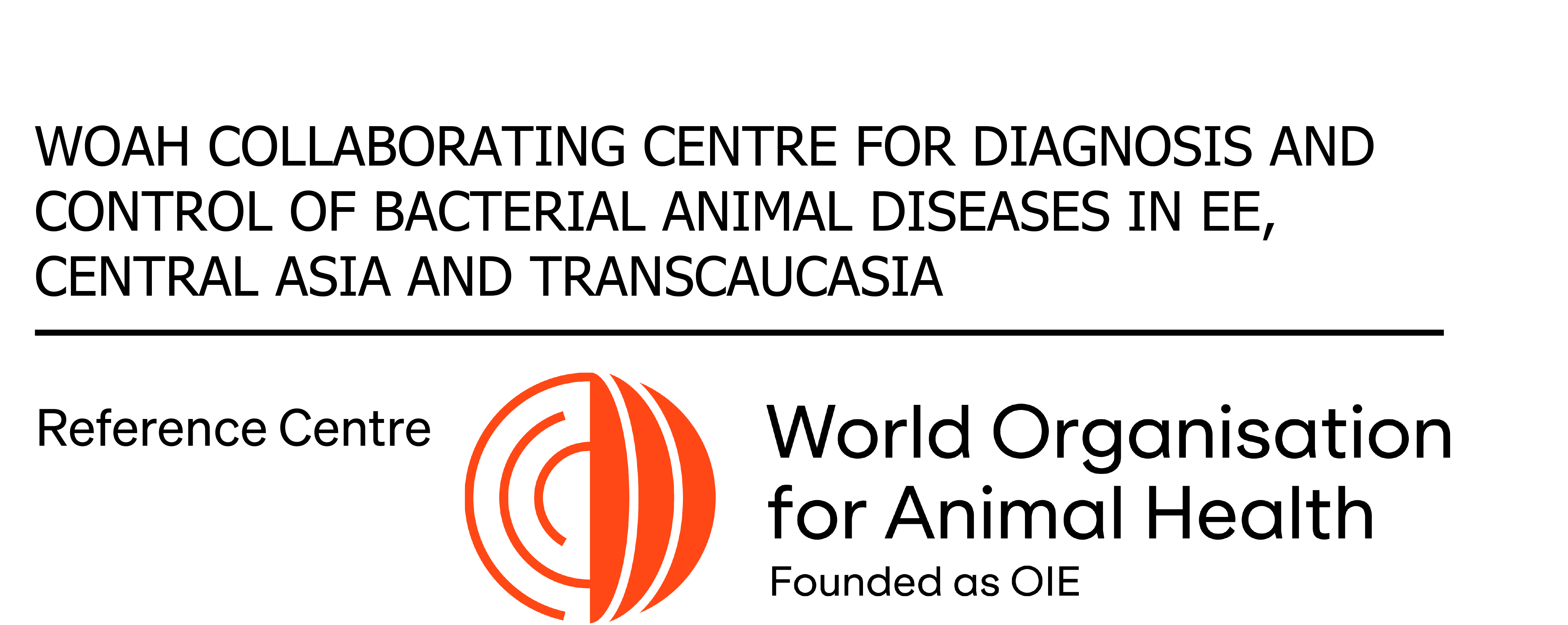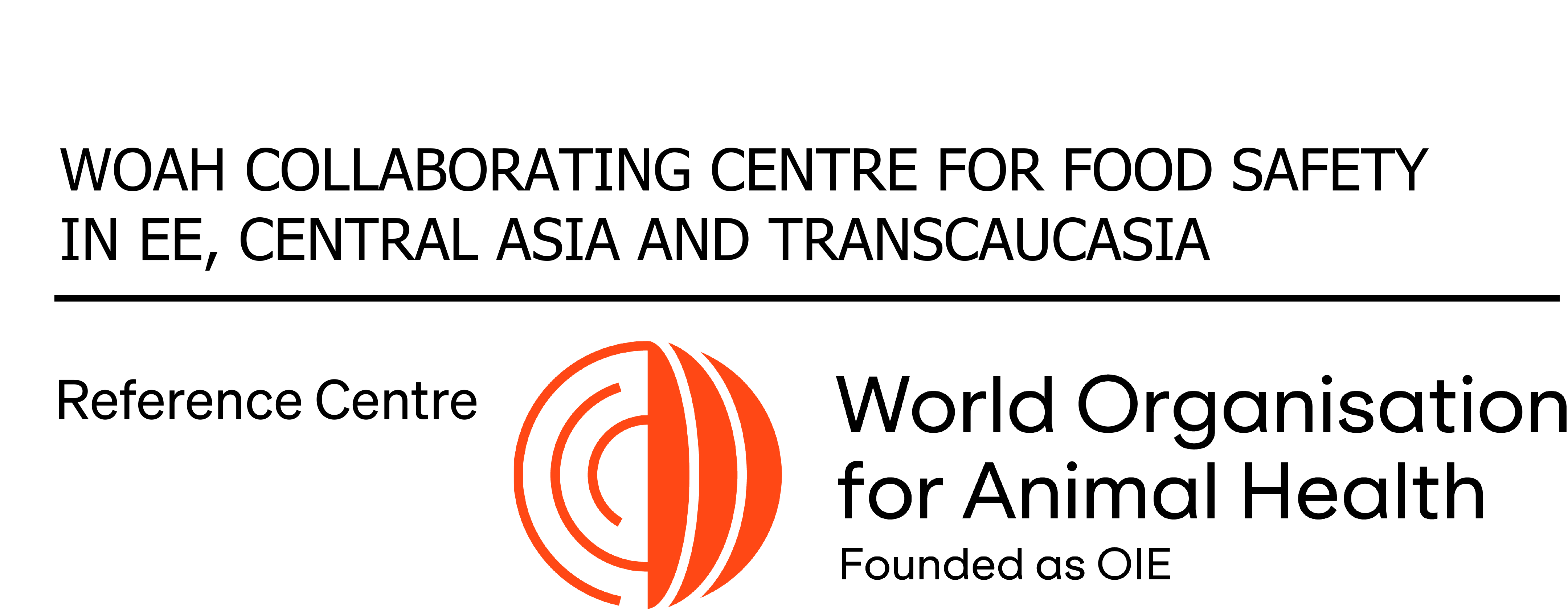FGBU «VGNKI» participated in the «AGROS-2025» exhibition
From January 22 to 24, 2025, «The Russian State Center for Animal Feed and Drug Standardization and Quality» («VGNKI» of Rosselkhoznadzor) participated in the International Exhibition of Technologies for Agro-Industrial Specialists – «AGROS-2025» held at the IEC «Crocus Expo».
During the exhibition, visitors of the Rosselkhoznadzor booth received advice from «VGNKI» specialists on the inspection control and research related to feed additives and veterinary drugs. Furthermore, the Center's experts, in collaboration with the federal electronic media «Agroexpert», hosted the roundtable, tilted «Future Development and State Regulation of the Animal Feed Industry», and delivered reports during the main events of the exhibition's business program.
In addition, on January 22, during the exhibition, a ceremony of rewarding the laureates of the «Dialogue» International Award for Agricultural Communications Development, which was traditionally organized by the publishing house «Agricultural Science», was held. The Center won the award in the nomination «Government-Industry Collaboration».
On January 23, during the conference «Scientific Support for Veterinary Events» Vasilina Gritsiuk, the Deputy Director of «VGNKI» and the Doctor of Veterinary Sciences, delivered a report on the Center's new scientific research areas and their relevance to the veterinary industry. She noted that the Center is working on a broad-spectrum vaccine against colibacillosis in farm animals. The next-generation vaccine accounts for all virulence factors of these bacteria and will offer broad-spectrum of protection. The production of a pilot batch and preclinical and clinical trials of the vaccine are planned for 2025.
On January 24, during the roundtable, titled «Future Development and State Regulation of the Animal Feed Industry», participants discussed the legal and regulatory aspects governing the certification and inspection control of feed additives, along with the procedures and rules for their state registration within the Russian Federation, including common grounds for registration refusal.
In her speech on the legislative aspects governing the feed additives market, Vasilina Gritsiuk specified the additives subject to the state registration and listed the documents required for a feed additive's registration dossier according to the Order of the Russian Ministry of Agriculture dated November 18, 2021, No. 779.
The expert also noted that, despite the approved procedure for compiling a feed additive's registration dossier and the requirements for the documents contained therein, applicants still make errors.
For example, the results of toxicological studies are missing or incomplete; the efficacy reports do not match the indications in the draft instructions; the appearance of a feed additive is described incorrectly.
During the report on the regulation of feeds based on the international standards, Andrey Khishov, the Chief Specialist of the «VGNKI» GMO Control Department, discussed how veterinary control measures are established based on the of the World Trade Organization (WTO) reference standards.
For feeds, these include specific chapters of the World Organization for Animal Health (WOAH) Terrestrial Animal Health Code, two guidelines of the Codex Alimentarius Commission (CAC), and a manual of the Food and Agriculture Organization of the United Nations in cooperation with the International Feed Industry Federation (FAO/IFIF)
Glyphosate, the most common herbicide in the world, served as an example of a regulated substance. It is also used for the manufacturing of GMO feeds and desiccating cereal crops. Based on its toxic properties, the following regulatory measures were outlined: restrictions on desiccation, setting maximum permissible levels (MPLs), and monitoring compliance via residue monitoring.
During his speech, Vladimir Manaenkov, the Executive Director of the Compound Feed Manufacturers' Union, stated that the manufacturing of compound feeds is stable and continues to grow steadily.
Thus, from January to November 2024, Russia's compound feed manufacture rose by 18% compared to the same period in 2023, reaching 33.3 million tons. The manufacture of premixes increased by 8%, up to 537 thousand tons, and the imports of methionine grew 2.4 times, up to 17.3 thousand tons.
In addition, on January 24, Vasilina Gritsiuk also delivered a report at the scientific and practical conference, titled «Innovative Technologies and Methods in the Biopharmaceutical Industry for Ensuring Comprehensive Biological Safety in Industrial Livestock and Poultry Production». In her presentation, she detailed the challenges arising during the planning and execution of preclinical studies on veterinary medicinal products, and proposed a number of practical solutions to address them.
It is worth mentioning that in 2025, the exhibition dedicated to veterinary solutions became even larger in scale, and the participation of the relevant departments of the Ministry of Agriculture of Russia, Rosselkhoznadzor, and leading industry organizations in the exhibition's business program enabled discussions on the main aspects of the agro-industrial sector, including the technology, veterinary science, agricultural machinery, and rural development.





